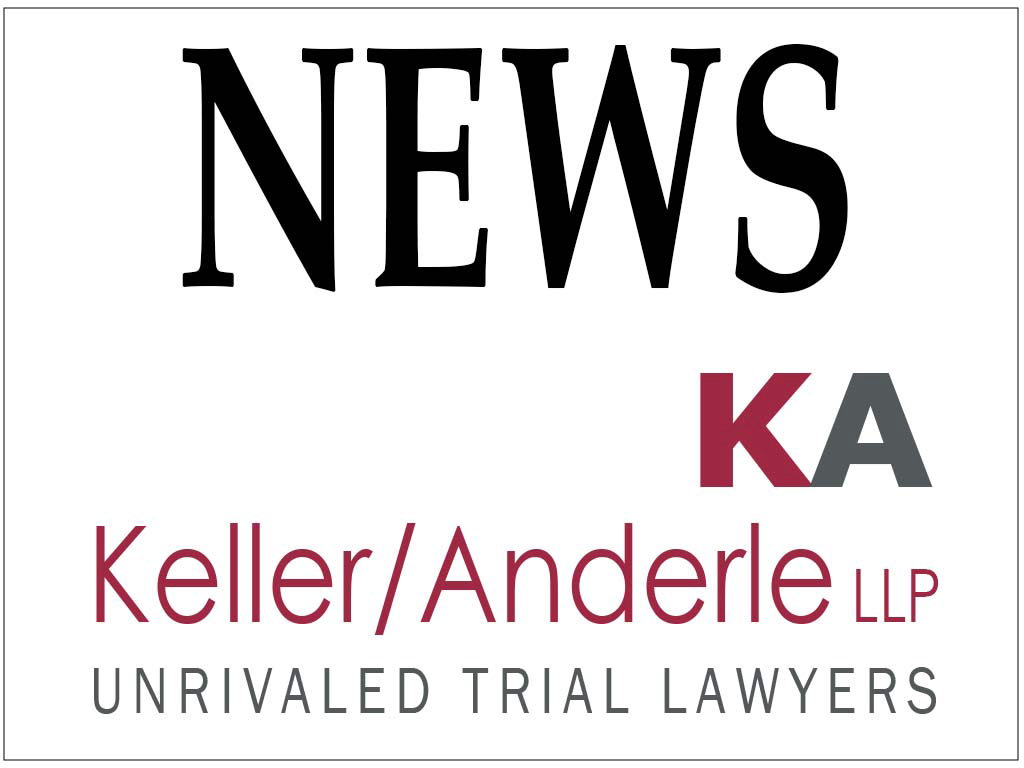Jennifer Keller recently spoke in Miami, Florida, to the National Trial Lawyers, Trial Summit on Prosecutorial Misconduct on January 21, 2014. Some brief notes from her presentation …
Prosecutorial misconduct has been gaining national attention. Common areas of misconduct include witness intimidation, withholding discovery and concealing the availability of exculpatory evidence. An increasing number of high-profile cases have brought these excesses to the forefront, to the point where it is becoming difficult to ignore the problem any longer. For example, in one of the biggest political corruption cases in recent history, Sen. Ted Stevens of Alaska was a horrible victim to the actions of prosecutors. An extraordinary special investigation by a federal judge found that the government team concealed FBI documents that would have helped the late Stevens, a longtime Republican senator from Alaska, defend himself against false-statements charges in 2008. Stevens tragically lost his Senate seat as the scandal played out, and he died in a plane crash two years later.
Prosecutors inherently have a higher ethical obligation to represent the public at large, not to act in any way that provides an unfair advantage or to maintain an action that should be discontinued. Yet this responsibility is put at-risk when outside factors can heavily influence the actions of prosecutors. Money can be a driving factor: some prosecutors are making book deals while in the middle of proceedings, an ethically appalling scenario that entails numerous conflict-of-interest issues; on another front, increasingly federal prosecutors expect to eventually leave their public service in favor of a high salary partnership positions at private firms, so their personal stake can sway actions to the point of doing whatever is necessary to win the case. To add another layer of complexity to the problem, judges can feel pressured to make light of such “mistakes” for fear of hurting the prosecutor’s career.
What can the defense attorney do to battle these actions? There are at least two avenues. First, there are times when acting in advance is possible, when reputations and records indicate your client may be subject to such conduct. Our firm recently had such a case in a murder trial. We had been warned that in other cases the prosecutor had hidden evidence and threatened witnesses. Our team scoured records and were able to prepare prophylactic motions to admonish the prosecutor for his conduct. This put the judge on red alert about the prosecutor. It is also possible to take concerted actions, sometimes as a group, with the Bar.
Secondly, the defense attorney needs to be able to recognize prosecutorial misconduct when it happens and be able to respond on the spur of the moment. Be ready for it, expect it and object to it. Don’t allow the judge to make light of it.
The prosecution always has more power in virtually any matter; the law, facts and even the jury can be on their side. The assumption is that the power of their position will be used wisely and taken seriously. While the vast majority of prosecutors do so, increasingly some do not. It is up to the defense attorney to protect the rights of clients by exposing and dealing aggressively with such reprehensible practices.

